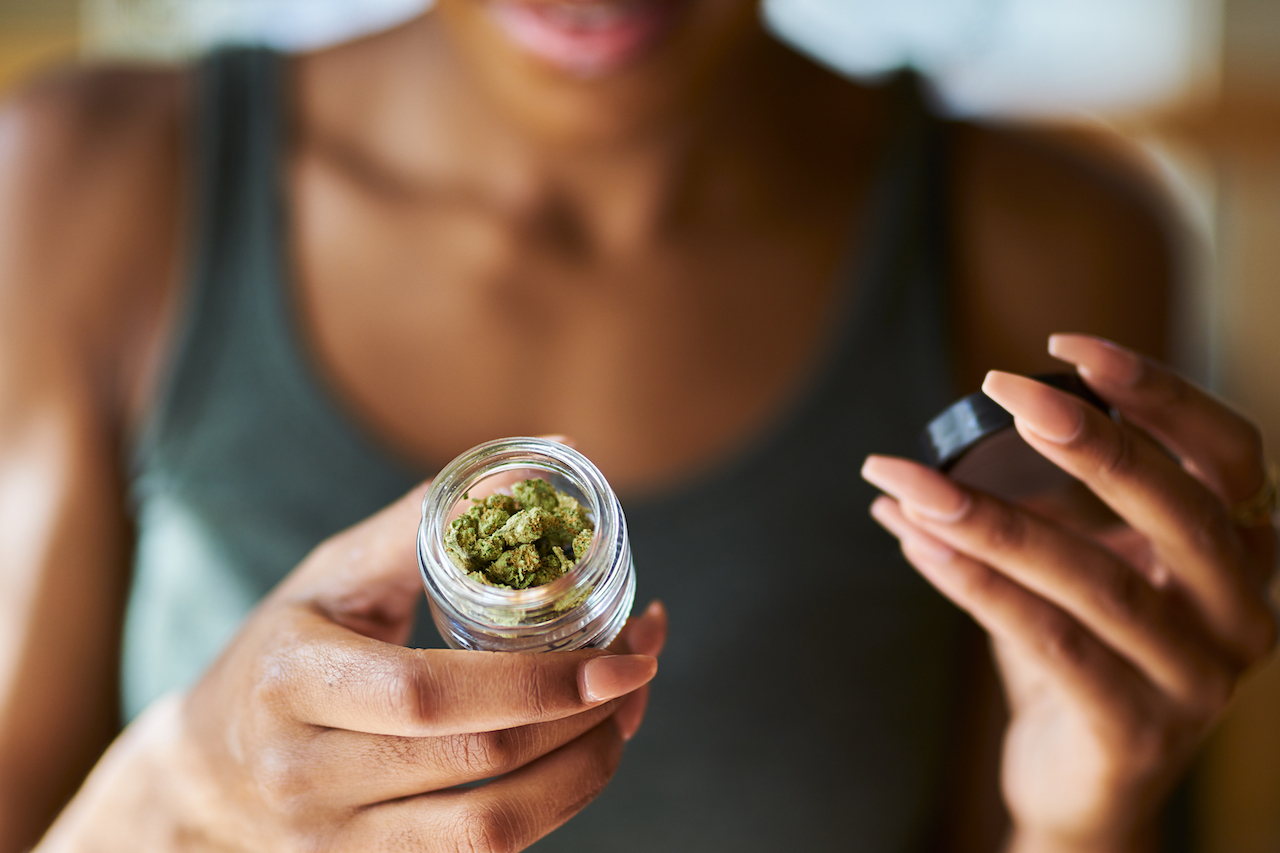
Many people with ADHD also say they have “brain fog” and self-medicate with marijuana. Could they be further worsening their cognitive function? Read on to find out what the latest research suggests.
Anecdotes about “Self-Medicating” with Marijuana
Many people self-medicate for ADHD with marijuana. Advocates for this use claim that it helps with the symptoms and has fewer adverse effects than conventional medication [1+].
Medical marijuana is still illegal in many parts of the world. Due to the lack of safety and effectiveness data, avoid using marijuana unless prescribed by a doctor. Remember to talk to your doctor about ADHD treatment options before attempting to “self-medicate” with any substance.
With this in mind, let’s take a look at what some recent surveys and clinical trials can reveal about the effects of marijuana on cognitive function in people with ADHD.
In one analysis of 55 forum threads, 25% of posts reported ADHD improvement from marijuana use. In contrast, 8% said it worsened the symptoms, 5% found mixed effects, and 2% reported no effects [2].
ADHD & Marijuana Trials
Only one small trial on 30 adults tested marijuana as a therapy for ADHD. In this study, a spray with THC and CBD (nabiximols) reduced hyperactivity and impulsivity but had no effects on cognitive function. Larger studies are needed since we can’t draw solid conclusions from this small trial [3].
In another study on 76 people with ADHD, marijuana use was associated with reduced attention in men and decreased sleep quality in women. Two other studies on almost 200 people found worse executive function and attention, but only among those who started using marijuana at an early age [4, 5, 6].
Effects of Marijuana on the Brain & ADHD
The results of the studies investigating the effects of marijuana use on brain structure are mixed. Two studies found reduced cortical thickness in some brain regions, one found increased activation of some regions during response inhibition, and one reported no effects [7, 8, 9, 10].
Conversely, the link between childhood ADHD and future marijuana use and abuse is more evident. Studies on over 24k adolescents and adults found increased marijuana use among all 3 subtypes, especially the hyperactive. Marijuana has the risk of serving as a gateway for other, more harmful drugs that may worsen ADHD symptoms [11, 12, 13, 14, 15, 16].
Limitations and Caveats
The effects of marijuana on ADHD symptoms are highly controversial. Despite the small number of studies, there are several reports of both beneficial and harmful effects. Further research is needed to shed some light on this topic.
Takeaway
Many people with ADHD claim marijuana improves their symptoms, but some say it makes them feel worse. Similarly, clinical studies have found mixed results.
Due to the lack of quality data, it’s still unknown whether marijuana improves or reduces cognitive function and “brain fog” in people with ADHD.
Medical marijuana is also illegal in several US states and in many other countries. Talk to your doctor about treatment options before attempting to “self-medicate” with marijuana or any other substance.

